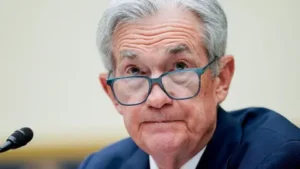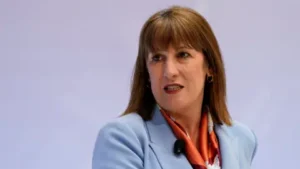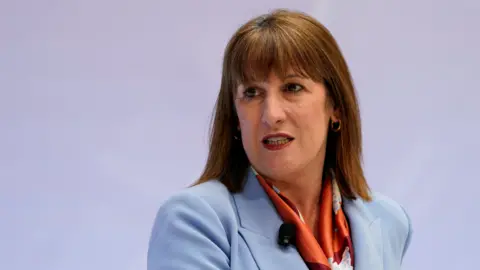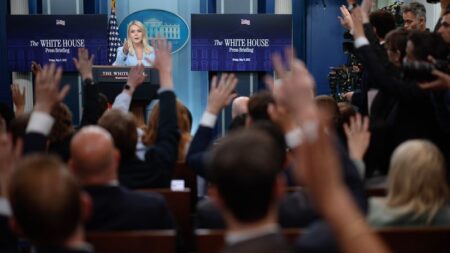In the wake of significant financial challenges, Chancellor Rachel Reeves has found herself at a critical juncture regarding the UK government’s fiscal policies. Recent attempts to cut welfare costs, which were anticipated to save around £5 billion by the financial year 2029-2030, have been undermined by recent concessions on the benefits bill. This predicament comes at a time when the government is seeking to maintain a buffer of £10 billion to stabilize public finances, a goal that now seems elusive following the government’s backtrack on the Winter Fuel Allowance. As the UK approaches its Autumn Budget, Reeves faces five distinct options to address the pressing need for fiscal reform and restore confidence in the nation’s financial stability.
The first option for Reeves is to simply wait and observe the economic landscape for unforeseen growth in the UK economy and a reduction in debt interest costs. This strategy, however, involves a considerable degree of risk. Reeves had previously proposed welfare reforms due to escalating debt interest payments and disappointing tax receipts that effectively negated the buffer she had hoped to maintain. An especially stark revelation from the Office for Budget Responsibility (OBR), which has halved its growth forecast for the UK economy to a mere 1% for the year, adds to the uncertainty. Moreover, potential repercussions from international trade decisions, particularly with the US under Donald Trump, could influence the UK’s financial landscape.
The second option entails seeking out additional savings within government departments. Recently, Reeves announced a Spending Review in which the NHS received a substantial increase of £30 billion, while other sectors faced cuts. This could complicate efforts to ask ministers to identify further savings after what has recently been a potentially contentious budgetary process. Critics could perceive this as a desperate measure by the government to regain credibility and stabilize its fiscal standing.
Next, Reeves might consider changing the financial rules set when she took office. These rules are designed to ensure day-to-day spending aligns with revenue from taxes, with borrowing reserved exclusively for investments. They include a stipulation that national debt must decline in proportion to income over a five-year span. Although Reeves has branded these rules as “non-negotiable,” any amendment could trigger instability within financial markets, further exacerbating the debt crisis.
Another potential pathway is to enact less frequent economic assessments. Currently, the OBR conducts evaluations of the UK’s economic outlook bi-annually, indicating what could be a frequent source of pressure on fiscal policies. Sir Keir Starmer’s insistence on reassessing figures could further oppress the government’s budgetary headroom. The International Monetary Fund (IMF) has suggested that a reduced frequency of assessments, ideally limited to the annual Budget, would foster policy stability and alleviate pressures.
Lastly, Reeves could look toward tax adjustments as a means of generating revenue. While Labour has promised not to impose tax increases on working individuals, there are indications of impending “financial consequences” as a direct result of the decision to dilute welfare cut plans. One viable strategy, albeit a controversial one given the commitment to social equity, might involve extending the freeze on tax thresholds currently scheduled to end in April 2028, which could yield up to £7 billion. This move could effectively serve as a tax increase on the working class, as raises in income could inadvertently push them into higher thresholds.
The financial landscape is challenging, and each of these five options comes with its own set of consequences and impacts. As Reeves navigates this difficult context, the balance between fiscal responsibility, economic growth, and social welfare will be crucial to her success and the potential redemption of the government’s financials. Whether any combination of these paths can offer the necessary relief remains a matter of considerable speculation.











